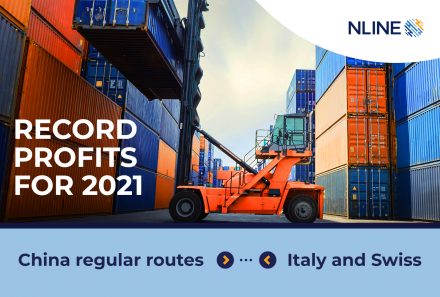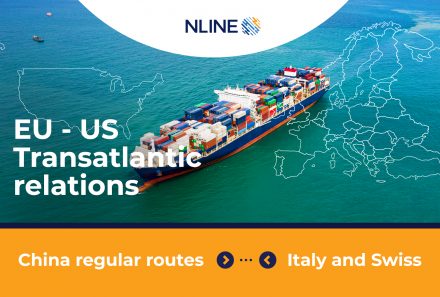
SAFETY AT SEA
The spread of coronavirus, COVID19 has clearly impacted on the entire world, with no country unaffected. But in order to keep the supply chains for food, medical and other daily essentials moving, the transport and logistics industry is working flat out. Whilst the airfreight operators are using existing freighter aircraft and converted passenger equipment to fulfil their part of the supply chain, ocean freight is still doing its best to maintain regular deliveries. The health and safety of ships’ crews is becoming a vital element in maintaining operations.
The Mission to Seafarers is uniting with other maritime groups and charities in a campaign to help crewmembers. At the same time the International chamber of shipping and the International transport workers Federation is calling for urgent action. Seafarers are very much at the front line in maintaining these essential supplies but unlike airline personnel and medical personnel, have not so far been recognised in this priority. Many crews are finding themselves on extended contracts with denied shore leave and unable to access welfare support, leading to extreme stress and anxiety. They are also suffering from the inability to contact their families or return home. At the same time, onshore seafarers are often banned from starting new contracts which is causing them financial difficulties.
Health and welfare availability in ports is very limited and in order to prevent the virus spreading within the ports, strong measures are needed. Andrew Wright of the Mission to Seafarers, stated that in these hugely stressful and challenging times, the effective continuity of maritime trade depends on governments and authorities doing all that they can to facilitate effective Seafarer transit and promote the support of this vital and heroic workforce. He further stated that the Mission to Seafarers is urgently investigating digital alternatives to provide enhanced remote welfare services including Wi-Fi availability. Everything must be done to ensure the support for these key workers.
INMARSAT MARATIME, the leading provider of maritime and VSAT and L-band services at sea has acted swiftly in providing vital communications facilities for seafarers. Ronald Spithout, president, says that providing crews with enhanced levels of connectivity and support is critical and explained some of the measures taken. Since the virus first became widespread in Asia, Inmarsat has been working with partners to take proactive steps to keep seafarers connected and in touch with loved ones. In February, it enabled free of charge additional call time for users of its ChatCard voice services for crew. It also provides medical advice and assistance free of charge to seafarers over FleetOne, FleetBroadband and F77 services-anywhere, anytime and for any one in need. Inmarsat has also prioritised telemedicine as an area for service development with its partners at no cost to owners or crew. Their research has found that when denied connectivity, crewmembers have proved to be ingenious at finding ways around this, making it imperative to provide them with facilities and thus avoid risks to ships’ cyber security.





